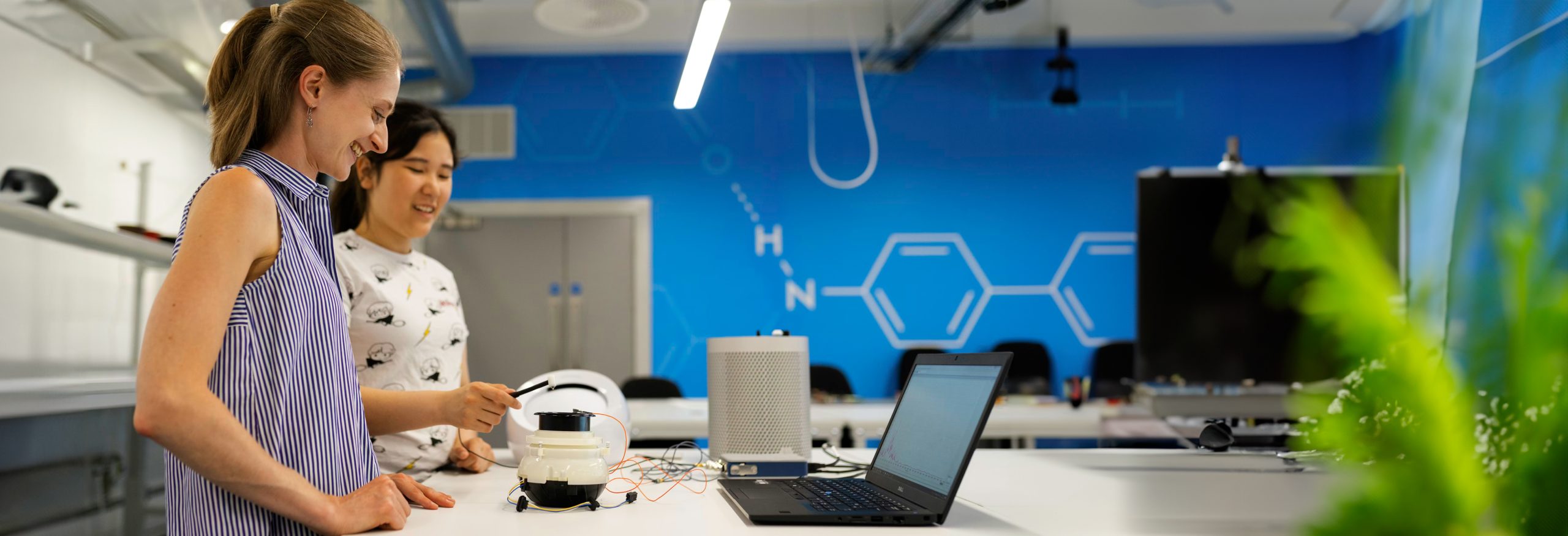< Projects

Culturally Informed Robots in Learning Activities (CIRILA)
Educational AI systems can offer learners valuable teaching and exercise support. And social robots can make such AI support even more effective. However, robots need to be more adaptable to different student groups and individuals with different backgrounds.
Social robots open new opportunities for AI support within learning as they imitate human communication better than conventional screen-based methods. The project aims to leverage such opportunities by developing robotic AI systems for learning support adapted to the different language, culture and experience-related backgrounds of students.
The researchers plan to compare how student groups whose native language is Swedish and groups with Swedish as a second language respectively, interact with a social robot that helps them to practise in the same material in vocational training courses. This applies to trainee teachers and nurses, for example.
A first step in the project will be to develop an AI system that works well for groups of native Swedish speakers. The next step will be to test the same system in groups with Swedish as a second language. What difficulties do they encounter, what works and what doesn’t work in communication with the robot? For example, does the robot need to speak more slowly or become better at reading student reactions?
After implementing modifications, it will then be time to test the robot in the group of native Swedish speakers. Will the robot perform less well with the modified system in this group? Or equally well? Or even perhaps, that this student group, or at least certain individuals in the group benefit from the modifications that have been done?
KTH researchers within social robotics and computer supported learning are cooperating in the project with researchers in didactics and interaction analysis at Stockholm University.
The robot being used in the project, a Swedish Furhat, is ideally suited for the study. With the help of audio visual information, it can read student reactions such as confusion or frustration for example, that would indicate the exercise needs to be adapted.
Start: 1 January 2021
End: 31 December 2023
Project type
Marcus and Amalia Wallenberg Foundation
Universities and institutes
KTH Royal Institute of Technology
Stockholm University
Project members

Olov Engwall
Professor
KTH Royal Institute of Technology

Ali Reza Majlesi
Associate Professor
Stockholm University

Iolanda Leite
Associate Professor
KTH Royal Institute of Technology

Olga Viberg
Assistant Professor
KTH Royal Institute of Technology

Pablo Gonzalez Oliveras
PhD student
KTH Royal Institute of Technology

